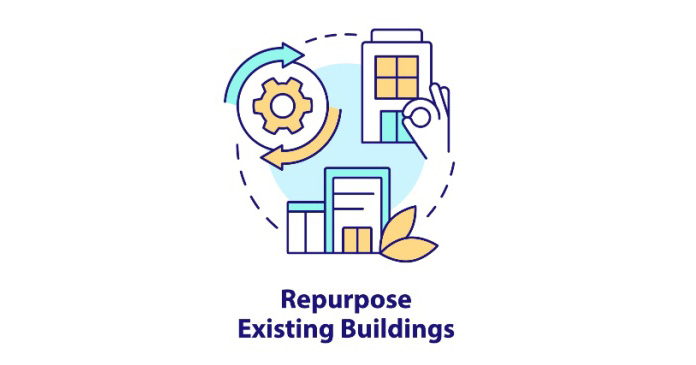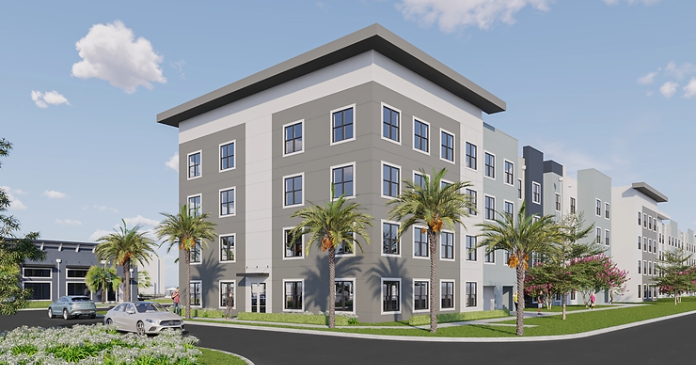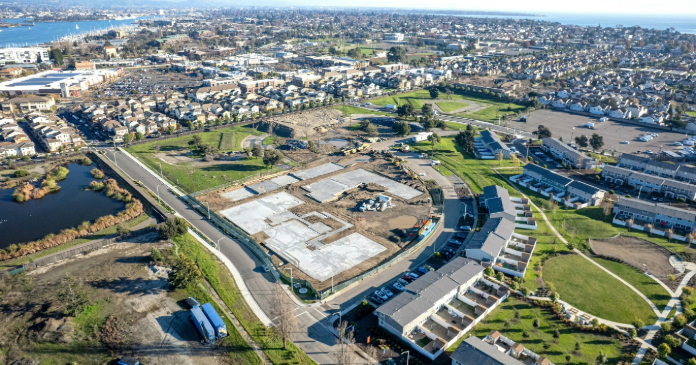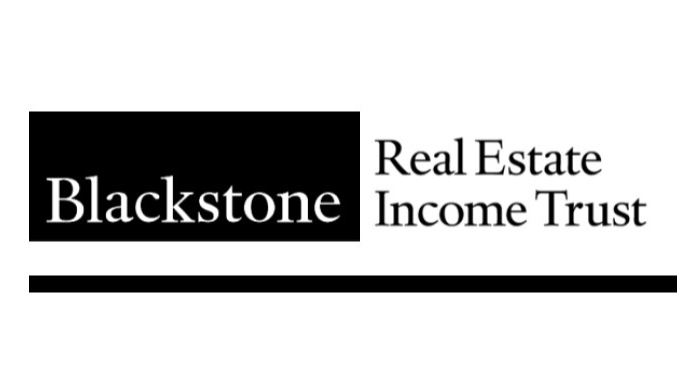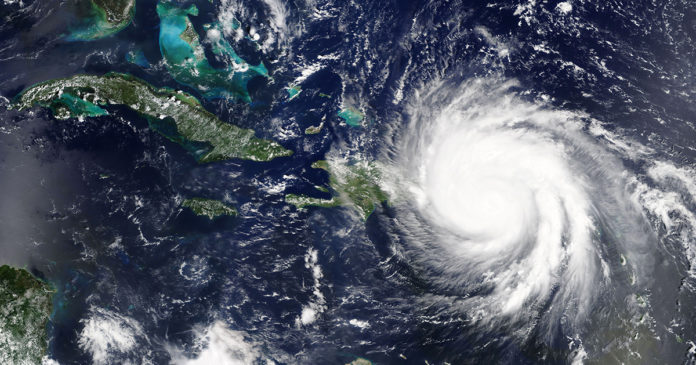
For the second time since Hurricane Maria devastated Puerto Rico and the U.S. Virgin Islands, the Federal Housing Administration (FHA) today announced that the agency is extending its 180-day foreclosure moratorium for FHA-insured homeowners for an additional 60 days due to the extensive damage and continuing needs in these hard-hit territories. Under the expanded moratorium, FHA is instructing lenders and servicers to suspend all foreclosure actions against insured borrowers in these Presidentially Declared Major Disaster Areas until May 18, 2018. Read FHA’s letter to lenders, servicers and counseling agencies.
FHA-insured homeowners may qualify for this relief under the following conditions:
- The household lives within the geographic boundaries of a Presidentially declared disaster area impacted by Hurricane Maria;
- A household member of someone who is deceased, missing or injured directly due to the disaster; or
- The borrower’s ability to make mortgage payments is directly or substantially affected by a disaster.
In addition to today’s announcement, FHA last week introduced a new option to help struggling borrowers impacted by Hurricane Maria and other 2017 disasters to resume their pre-disaster mortgage payments without payment shock. FHA’s new “Disaster Standalone Partial Claim” covers up to 12-months of missed mortgage payments via an interest-free second loan on the mortgage, payable only when the borrower sells the home or refinances their mortgage. In addition, this new option requires no trial period or balloon payment and allows borrowers to keep their existing low interest rate and loan term as well as their existing monthly mortgage payment. FHA’s expanded loss mitigation will also streamline income documentation and other requirements to expedite relief to homeowners struggling to pay their mortgage while recovering from last year’s disasters.
FHA also has several other options to help disaster victims recover, including:
- Offering forbearance and loan modification options – HUD offers different forbearance and loan modification options for FHA borrowers affected by disasters. Borrowers having trouble making regular payments should contact their loan servicer as soon as possible for more information.
- Making mortgage insurance available – HUD’s Section 203(h) program provides FHA insurance to disaster victims who have lost their homes and are facing the daunting task of rebuilding or buying another home. Borrowers from participating FHA-approved lenders are eligible for 100 percent financing, including closing costs.
- Making insurance available for both mortgages and home rehabilitation – HUD’s Section 203(k) loan program enables those who have lost their homes to finance the purchase or refinance of a house along with its repair through a single mortgage. It also allows homeowners who have damaged houses to finance the rehabilitation of their existing single-family home;
- Sharing information with FEMA and the State on housing providers that may have available units in the impacted counties – this includes Public Housing Agencies and Multifamily owners. The Department will also connect FEMA and the State to subject matter experts to provide information on HUD programs and providers.





